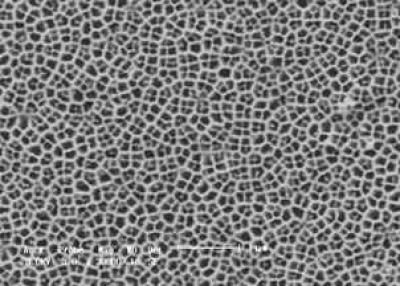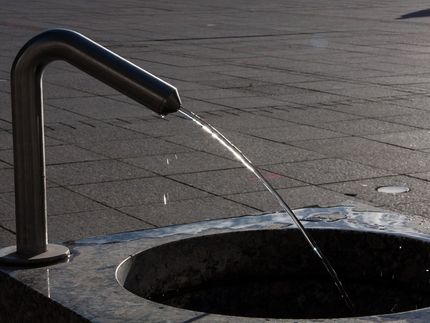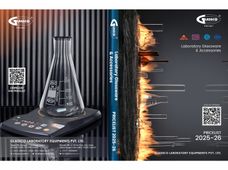Innovative ideas to protect drinking water selected
Research budget of EUR 250,000 divided up among nine projects
Advertisement
National Geographic Germany and Bayer AG challenged research scientists last year to come up with innovative ideas to protect drinking water, committing a total of EUR 250,000 in financial support through the "Global Exploration Fund". From the 94 suggestions submitted, nine research projects have been selected to receive funding. The aim of the Global Exploration Fund for "Freshwater" is to supply more people with clean drinking water. The projects to be supported are concerned with research into water recovery and treatment and water studies.
The projects selected for support through the Global Exploration Fund show that a great deal can be achieved with very little investment. "The so-called "slanting hose process" is amazingly simple. This mobile water treatment unit can be rapidly deployed in disaster areas and turns filthy water into drinking water within a few hours," says Klaus Liedtke, Editor-in-Chief of National Geographic Germany. The process developed by a research scientist from Karlsruhe is based on the chemical treatment of water in a plastic hose that stands on a slanting base. "We have been particularly impressed by simple solutions such as these that protect people from illness and thirst."
Dr. Wolfgang Plischke, member of the Board of Management of Bayer AG responsible for Innovation, Technology and Environment, is also delighted that the two partners can support new methods of protecting drinking water. "No matter whether the projects we support treat water chemically, biologically or physically, the main criterion at the end of the day is that help is given to people who have no direct access to clean drinking water," says Plischke. "By promoting innovative research into drinking water protection we can help to solve this global problem."
94 research scientists with projects in Europe, Africa, Asia and South America applied for the funds. A scientific committee comprising experts from Bayer, National Geographic Germany and the National Geographic Society in Washington selected the nine winners in a multi-stage process. The funds are divided up among the following:
- Hans Jürgen Hahn, University of Koblenz: research into groundwater as a habitat
- Dietrich Maier, Center for Water Research in Karlsruhe: development of a mobile water treatment unit (slanting hose process)
- Heinrich Hühnerfuss, University of Hamburg: cleaning of drinking water with UV light and ultrasound, Pakistan
- Andreas Kappler, University of Tübingen: microbiological removal of arsenic from drinking water, Bangladesh
- Rainer Mohn, University of Münster: rainwater and freshwater management, Ethiopia
- Karsten Schittek, University of Trier: research into water-conserving plant communities, Argentina
- Kai Tiedemann, RWTH Aachen: design of mist catchers, Peru
- Jörg F. Venzke: plant filtration systems for permafrost soil, Siberia
- Herbert Weingartner, University of Salzburg: optimization of ancient systems (quanats) for groundwater distribution, Greece


































































